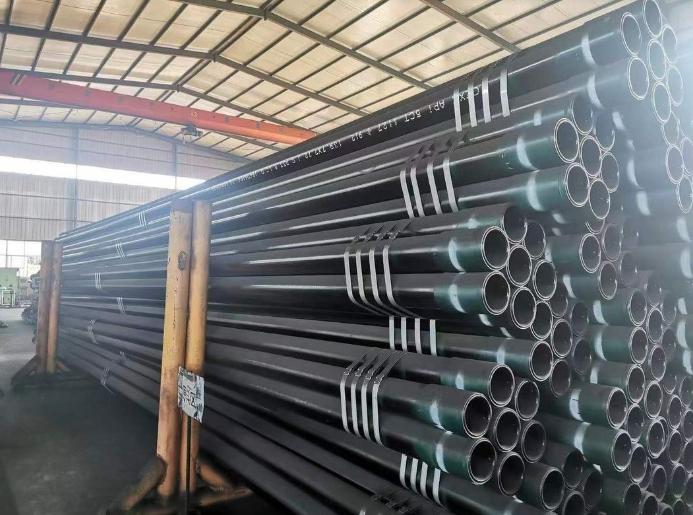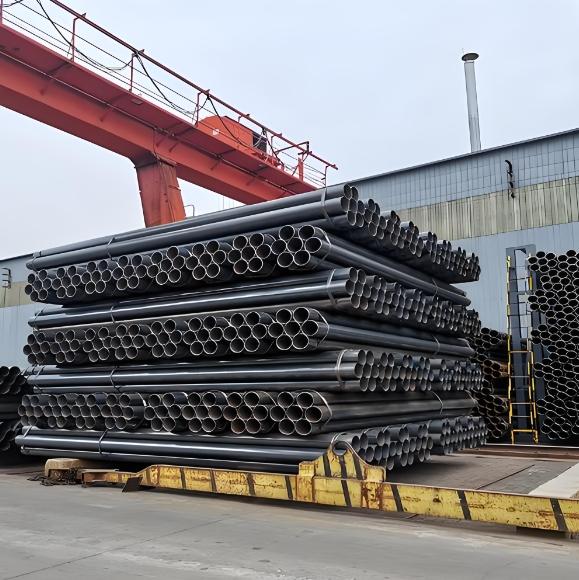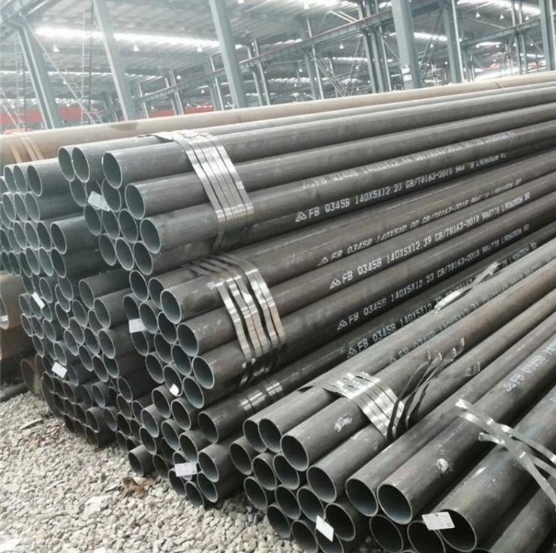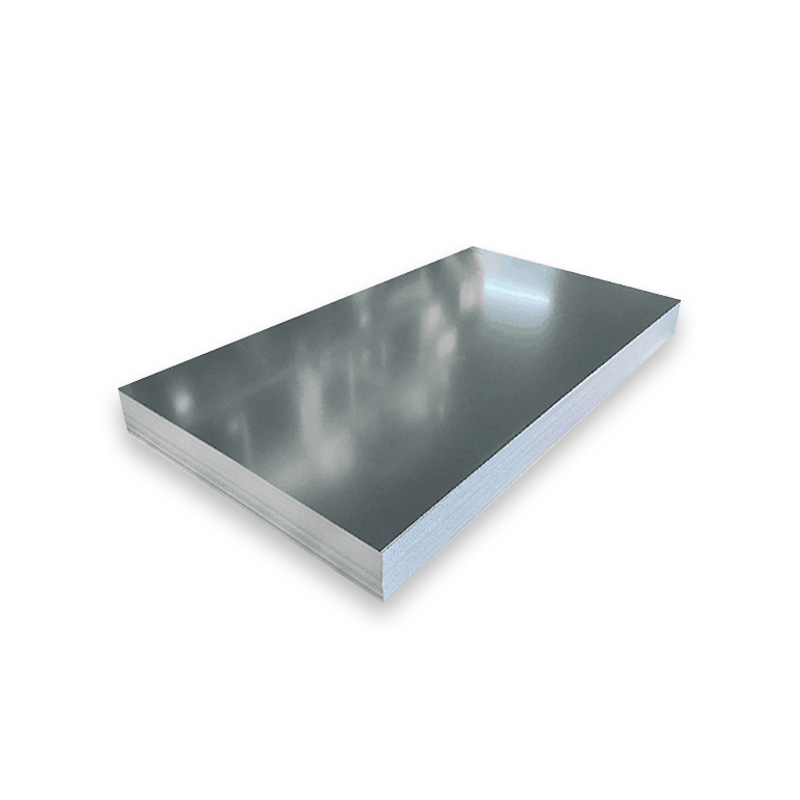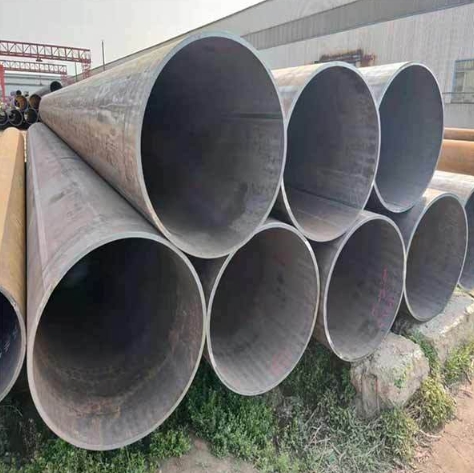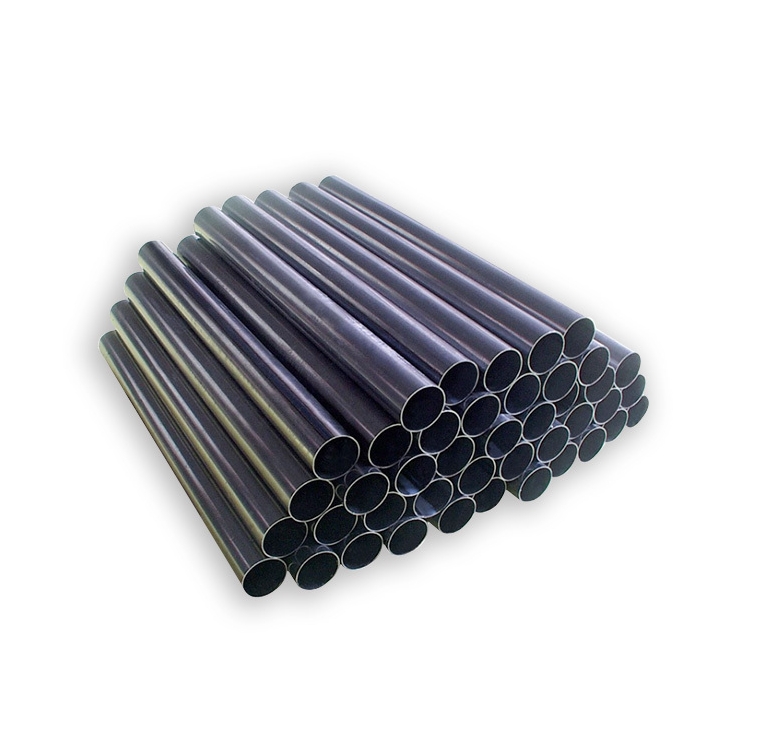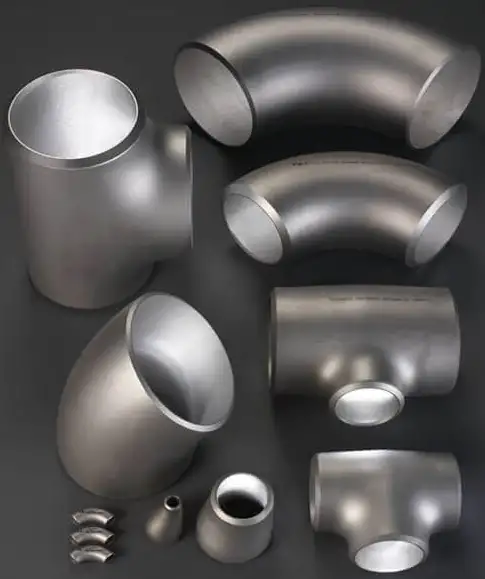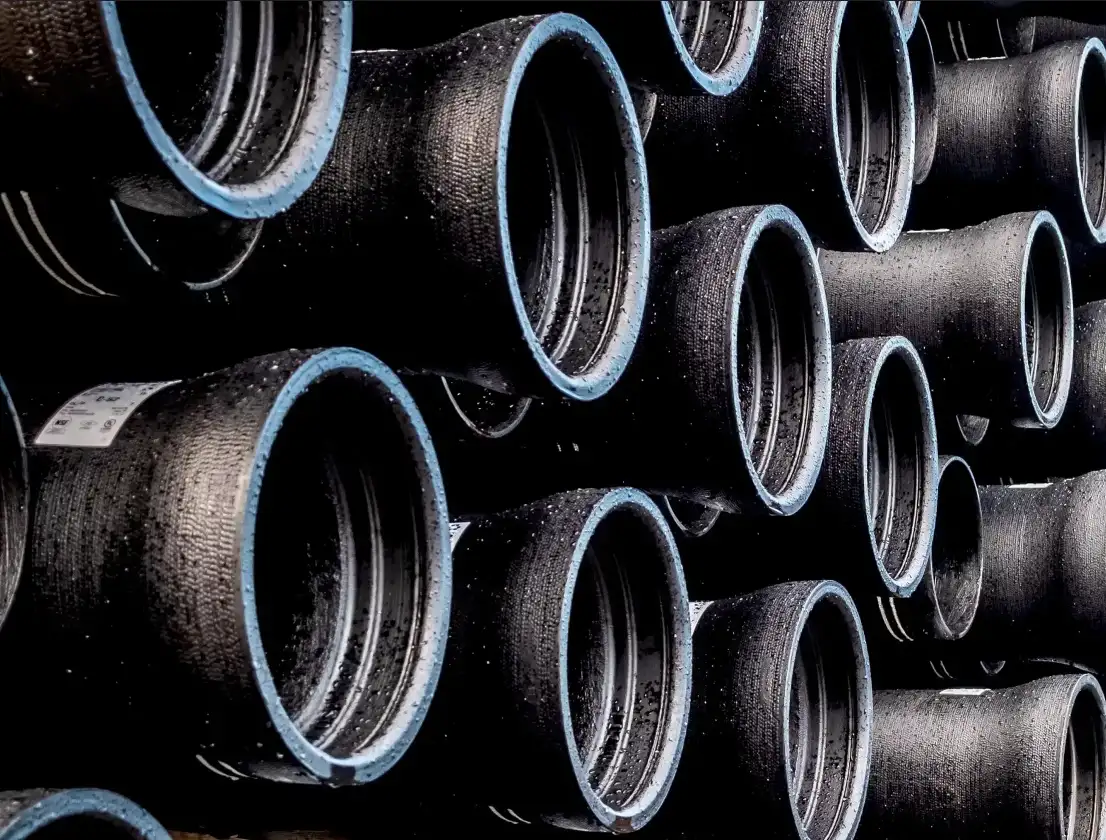Why Low Carbon Steel Pipes Fail (And How to Avoid Disaster)
Low carbon steel pipes—with carbon content ≤0.25%—are supposed to resist cracking. But last year, I saw a project implode when pipes from a “budget” supplier developed stress fractures at -10°C. True quality demands precise chemistry control and ASTM A53/A106 compliance.
Key Stat: 32% of low-carbon pipe failures occur due to improper manganese ratios (0.60–1.65% required) (ASME B31.3-2022 Report).
Low Carbon Steel vs. Mild Steel Pipes: Critical Differences
| Factor | Low Carbon Steel | Mild Steel |
|---|---|---|
| Carbon Content | ≤0.25% | ≤0.29% |
| Yield Strength | ≥240 MPa (Grade B) | 210–245 MPa |
| Weldability | Superior (lower cracking risk) | Requires pre-heat treatment |
| Cost | 12–18% higher | Budget-friendly |
⚠ Warning: Avoid suppliers skipping Charpy V-notch tests – 23% of low-carbon pipes crack under sudden impacts (Pipeline Safety Trust).
5 Expert Steps to Source Quality Low Carbon Steel Pipes
- Decode Certifications: Demand ASTM A53 Gr.B (seamless) or A106 Gr.C (high-temp) compliance.
- Verify Chemistry: Insist on ≤0.25% carbon + 0.90–1.20% manganese for optimal ductility.
- Inspect Coating: Hot-dip galvanizing (610 g/m²) outperforms cheap epoxy primers.
- Test Weld Prep: Bevel angles must be 30°±5° with 1.6mm root face for arc welding.
- Audit Logistics: Confirm weatherproof packaging per ASTM A700-18 standards.
Pro Hack: I once caught a supplier’s fake Mill Test Reports by spot-checking micro-alloying elements like niobium (Nb ≤0.005%).
Top 3 Deadly Mistakes When Buying Low Carbon Steel Pipes
Mistake 1: Prioritizing price over CEV (Carbon Equivalent Value).
Fix: Calculate CEV = C + (Mn/6) + (Cr+Mo+V)/5 – must be ≤0.43% for safe welding.
Mistake 2: Ignoring regional standards.
Solution: EU projects need EN 10255 compliance, not just ASTM.
Mistake 3: Assuming “low carbon” equals “no rust”.
Reality: Even 0.15% carbon pipes corrode without proper 3LPE coating.
Case Study: How Precision Testing Saved $950K
When a German automaker needed 5km of low-carbon pipes for hydraulic systems, they:
- Pre-tested 8 suppliers’ samples at -25°C (Charpy impact ≥27J)
- Used portable XRF guns to verify chemistry onsite
- Hired TÜV SÜD for third-party bend testing
Result: Zero leaks across 1,214 welded joints.
Cutting-Edge Innovations in Low Carbon Pipe Tech
- AI-Enhanced Rolling Mills: JFE Steel’s system reduces wall thickness variance to ±0.3mm.
- Nanocomposite Coatings: ArcelorMittal’s graphene-infused layers slash corrosion rates by 83%.
- Blockchain Traceability: Tata Steel’s QR codes track every pipe from billet to shipment.
Hot Take: Suppliers without IoT-enabled heat treatment ovens will lose contracts by 2026.
Checklist: Low Carbon Steel Pipe Quality Assurance
Before approving shipments:
✅ Confirm carbon content (0.08–0.25% via optical emission spectroscopy)
✅ Validate Charpy impact results at project’s lowest operating temperature
✅ Inspect internal/external surfaces for laminations (max 0.3mm depth)
✅ Check coating adhesion via cross-cut test (ISO 2409 Class 1)
✅ Verify NDE reports (UT for welds, MPI for surface cracks)
Final Thought: Low carbon steel pipes aren’t just commodities—they’re engineered solutions demanding rigor. While cost matters, prioritize suppliers who treat metallurgy as a science, not a checkbox. Remember: A vendor that explains why their manganese ratios differ beats one who says “trust me”. Now go build your bulletproof procurement plan!


